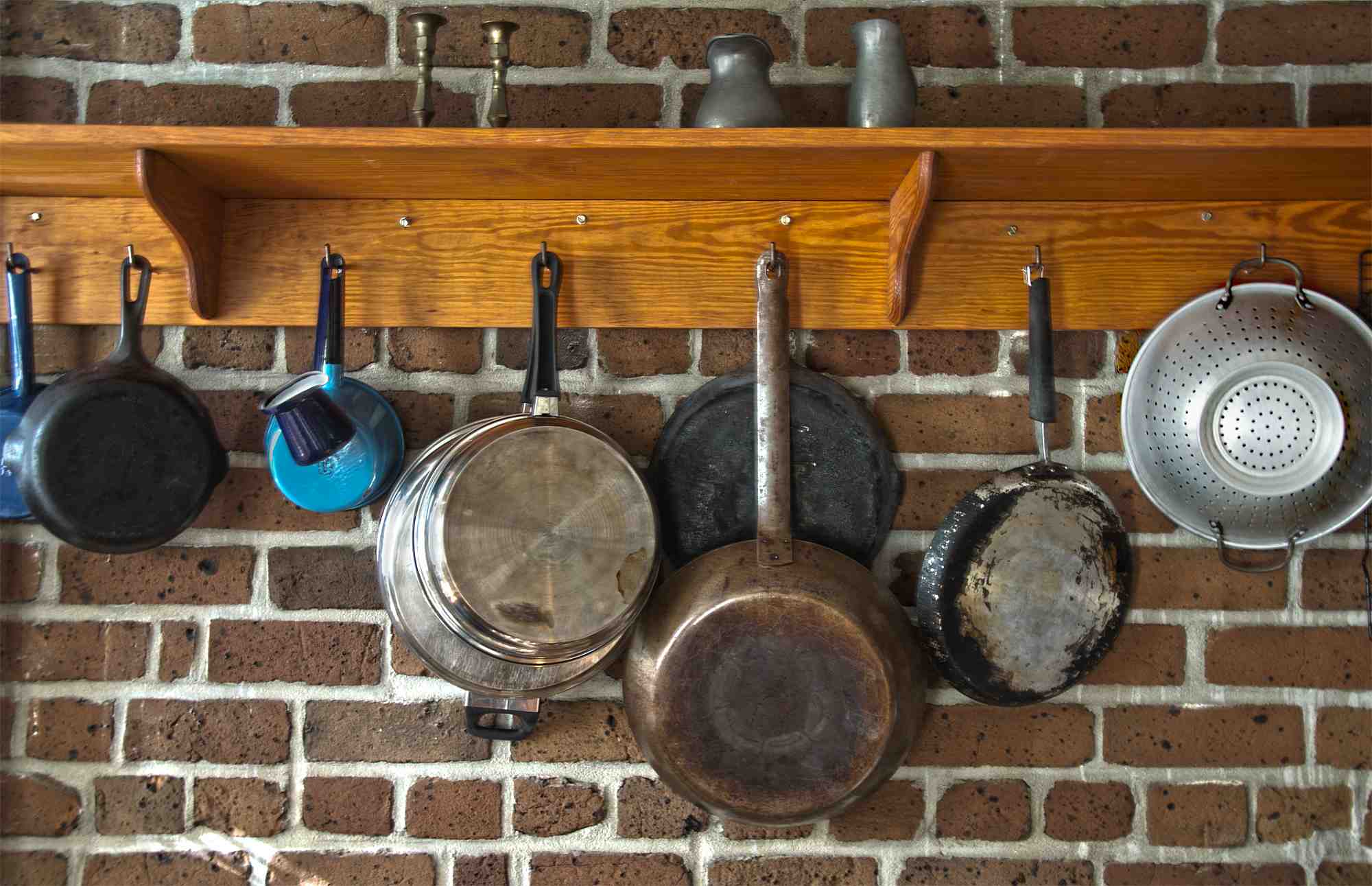This past weekend, various news organisations including the ABC and AFP reported that in 2012 over 100 million units of instant noodles had been consumed globally
All were eager to point out that this represented more than one monthly serving for every person on the planet
As a university student with student friends that live in a building with several hundred other university students, I can definitely believe them
However, I am not this kind of student
I’ve had an interest in cooking since my mid-teens, and swore up and down that when I moved out my dinners wouldn’t be ramen and toast
I have a separate pan for cooking sauces
I own a wine rack
My fridge is filled with chorizo and coconut rice
There’s a downside to this, and that’s that I spend more money on ingredients – sometimes as much as 80 per cent of my weekly salary – and dinner is never a five minute affair, sometimes taking upwards of an hour with a friend drafted as kitchen-hand to complete
Tuesday night’s dinner was a pretty perfect example: I had had a bad experience with grilling salmon (at $25 a kilo, not a cheap mistake) a few weeks back, so I decided I wanted to give poaching a try
No salmon though, so maybe chicken? Chicken
My girlfriend had swung an early day off of university so she came over to hang out, and I invited her to have dinner with my roommate and his girlfriend
With the chicken, I had decided to serve coconut rice with steamed pumpkin and snow peas dressed in a Frankenstein-esque sauce of aioli, pesto, guacamole, a little brown sugar and a single hot chilli
You might as well just throw your bank card in with the chicken stock – make it literal as well as figurative
What I had not realised when planning this is that poaching takes a long time
So long, in fact, that my girlfriend had to leave to catch a bus before I could serve dinner
My roommate, his girlfriend and I ended up enjoying the meal, but it’s still hard to justify hanging a ‘Mission Accomplished’ banner when you took so long to cook that your girlfriend had to run home
Total cost of meal: $15 a head, 20 minutes of washing up and one dinner date with my girlfriend
I hope there’s partial credit for these kinds of tests
That wasn’t a good result
My approach to cooking – of needing constant innovation for its own sake and snobby ingredient shopping – is fun in the short-term, but I need a larger salary, less coursework and more training to actually make it work
Once you get a couple of dinners under your (and other peoples’ belts) that your guests not only remember but actually talk about the next day, you build up an expectation in yourself that now every meal has to be that good
Forget just doing good work all the time instead of excellent work some of the time
At this point you’re the Mickey Rourke in The Wrestler of cooking – you’re pushing yourself to stupid lengths to tick some just as stupid box
Also you might have a heart attack
So I started canvassing friends for opinions
What did they cook? How? Why? I thought if I could get those answers I could figure out if I should be doing what I was doing
My roommate Conor is a good comparison
I do the majority of the cooking, but this doesn’t mean Conor doesn’t pull his weight; just that any university student who gets to eat poached anything (that isn’t an egg) without having to touch the stove has a pretty good situation going
Before we moved in together, Conor spent most of 2012 living in RMIT Village
The most telling aspect of the Q&A I did with him was that he prefaced his descriptions of breakfast and lunch with, “If I ate that meal at all”
Conor early last year is a pretty great example of the opposite approach I take to food now: his diet had toast make an appearance maybe three times a day, and rice was a sometimes food
Dinner was also a pretty basic affair
Conor’s a great lover of breakfast for dinner, so it was eggs and sausage a lot of the time
Simple chicken meals and “not nearly enough vegetables” were also big features
Simplicity to the point of brutalism, and edible matter over taste, governed dinner for Conor and those like him
I, on the other hand, went the yuppie route and tried to grind meals down to a fine point – ‘What’s the maximum enjoyment I can pack into as little food?’ Well, it turns out any enjoyment you get is undercut by you still being hungry at the end
Everything had pesto on it, everything took five pans, and everything had a Spanish name
I’m thinking Conor had the smarter year – he had the better answer to ‘How do I not starve?’
Conor’s story is not different from many students I talked to, but there are differences
Rosie Burke, a journalism student at RMIT freshly moved from Perth, says that at Queen’s College the first problem is not complexity but variety (complexity being the second problem)
After recounting her meals back in Perth (“quite healthy”: boiled eggs for breakfast, chicken and salad for lunch), she told me that the ‘you get what you’re given’ approach to meals at the College was annoying “because on some nights you just don’t feel like Bolognese”, but you still want meat enough to not order the vegetarian option
You can’t really help this in a communal dining situation, because you can’t ever please all of the people all of the time
If anything, my problem is too much complexity and variety
I can’t settle on anything for longer than two weeks or I feel like I need a change
It’d be pretty lack-lustre of me to drill this far down into student eating and not come up with something to recommend: Slow cooking
Ask Italian nonnas and English mothers for slow-cooking recipes, and you’ll be buried
Bolognese, Irish stew, Dutch oven chicken – that whole galaxy of meals can be condensed down to ‘Fire and forget’
Twenty minutes of chopping veggies, 10 minutes of browning meat and then two to eight hours of mostly unattended cooking while you finish that essay/Call of Duty level/Scorsese movie you’ve been trying to conquer for so long
The process also allows picky cooks the chance to add a few personal touches
You might have to cook it for longer, but it’s easier than something more hands on which takes as little as a tenth of the time but creates more stress
Christopher Best








